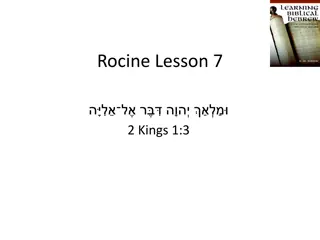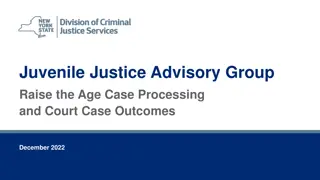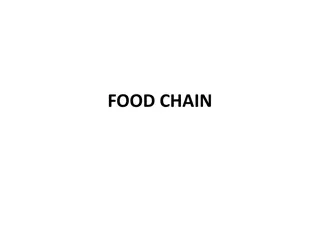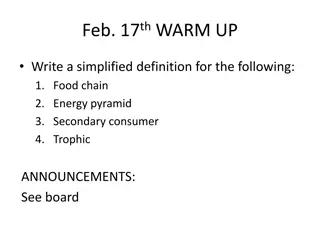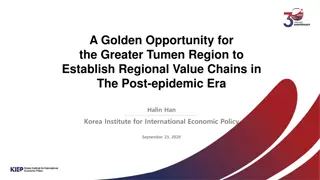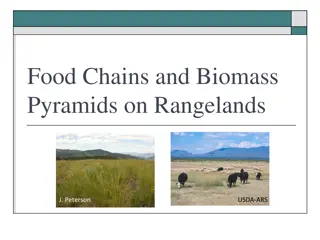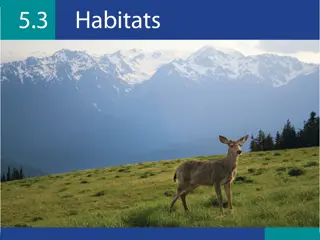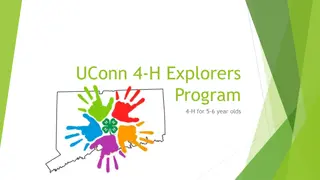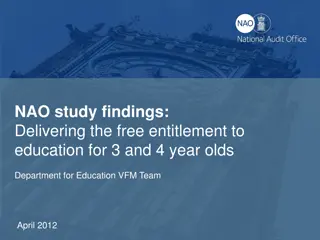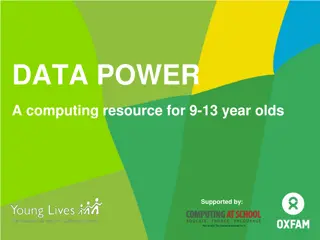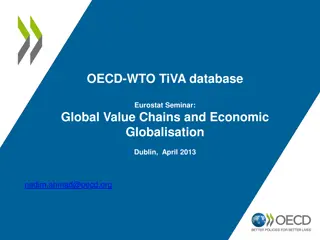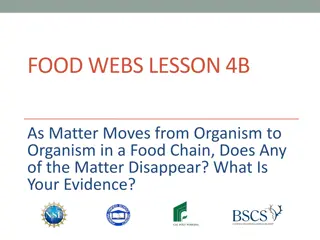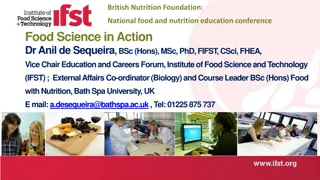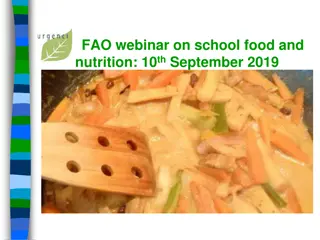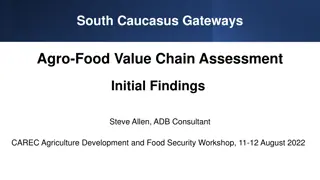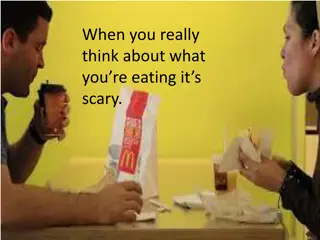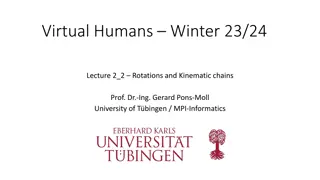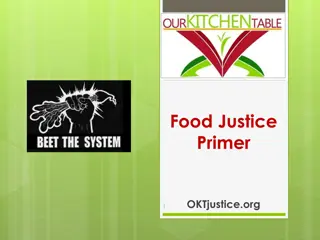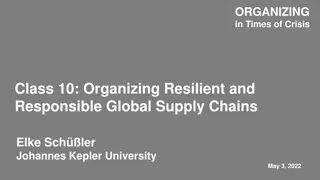Exploring Global Food Chains for 7-11 Year Olds
Embark on an educational journey delving into the complexities of global food supply chains through engaging slideshows and thought-provoking discussions. Understand the stages food products undergo from cultivation to consumption, ponder over fairness in supply chains, and even simulate the movement of strawberries along the chain. Dive into sessions exploring the concepts of global supply chains, fairness in food distribution, and taking action towards a more equitable food system.
Download Presentation

Please find below an Image/Link to download the presentation.
The content on the website is provided AS IS for your information and personal use only. It may not be sold, licensed, or shared on other websites without obtaining consent from the author. Download presentation by click this link. If you encounter any issues during the download, it is possible that the publisher has removed the file from their server.
E N D
Presentation Transcript
Slideshow B GLOBAL FOOD CHALLENGE Global Food Challenge resources for 7-11 year olds
SESSION FOUR WHAT IS A GLOBAL SUPPLY CHAIN?
What is a food supply chain? The chain of stages a product goes through from a crop (or raw material) being grown (such as a strawberry) to a finished product in a shop (such as a jar of strawberry jam). At each stage the product is bought and sold between people. Products go through different processes to be made into a finished product.
Is your supply chain correct? Strawberry picker in Morocco Strawberry plantation owner The Better Strawberries Group Export company Import company The Ethical Trading Initiative UK supermarket Consumer
Discussion points Why is this called a supply chain ? Who do you think earns the most/least money in this supply chain? Do you think this supply chain is fair? Why/Why not? How could this supply chain be made fairer? Do you have a personal role in this supply chain? Do you have any influence or control over this supply chain? What other supply chains are you part of?
Can you make a paper chain to show how strawberries move along the supply chain? Strawberry pickers work in difficult conditions on a strawberry plantation in Morocco. . The plantation owners sell the strawberries to exporters to take the products to Europe. . When the strawberries arrive in Europe, importers buy them and distribute them to UK supermarkets. The supermarkets sell the strawberries to consumers like me.
SESSION FIVE IS FOOD FAIR?
Can you beat the system? You are a small-scale farmer growing crops in Kenya. Maize is your main crop. How much can you produce? What challenges do you face? Can you beat the global food system?
SESSION SIX: TAKING ACTION Sam Baguette/ Oxfam
Could the global food system be fairer? Who could do something? What could they do? Look at the examples of what different groups could do to make the food system fairer. You need to decide which action you think will have the most impact and say WHY. You can use the impact line to help
What is the impact of the action? Decide whether the impact has been big or small. Big: it makes a big direct impact on making the food system fairer. Small: it makes a small direct impact on making the food system fairer. Think about whether the action: Will help people directly Will help people indirectly (this is usually people who live further away from the action) Will help people now Will help people in the future Will help some people Will help many people
What could you do? You can take action to raise awareness about the global food challenge. What action could you take?
Here are some ideas... In the supermarket can you spot at least one product from each continent? Can you find any Fairtrade produce? Design a poster to inform people about the challenges faced by small-scale farmers around the world. In your classroom, display a paper chain to show how a supply chain works. Deliver a presentation in assembly to share your learning about global food issues. Set up a community garden in your school. Can you reduce your food miles? Can you produce food locally? Find out about food in your school. Where does it come from? Is it Fairtrade-certified? Write to your local supermarket to share your concerns about the challenges faced by small- scale farmers and workers at the start of global supply chains. Encourage less waste and packaging from food at your school. (This will help to reduce your carbon footprint.). Find out more about farming in the UK. Which crops are produced? What are the challenges for farmers? Can you find a local farmer to speak to your class? In your classroom, create a display about a food issue of your choice.


